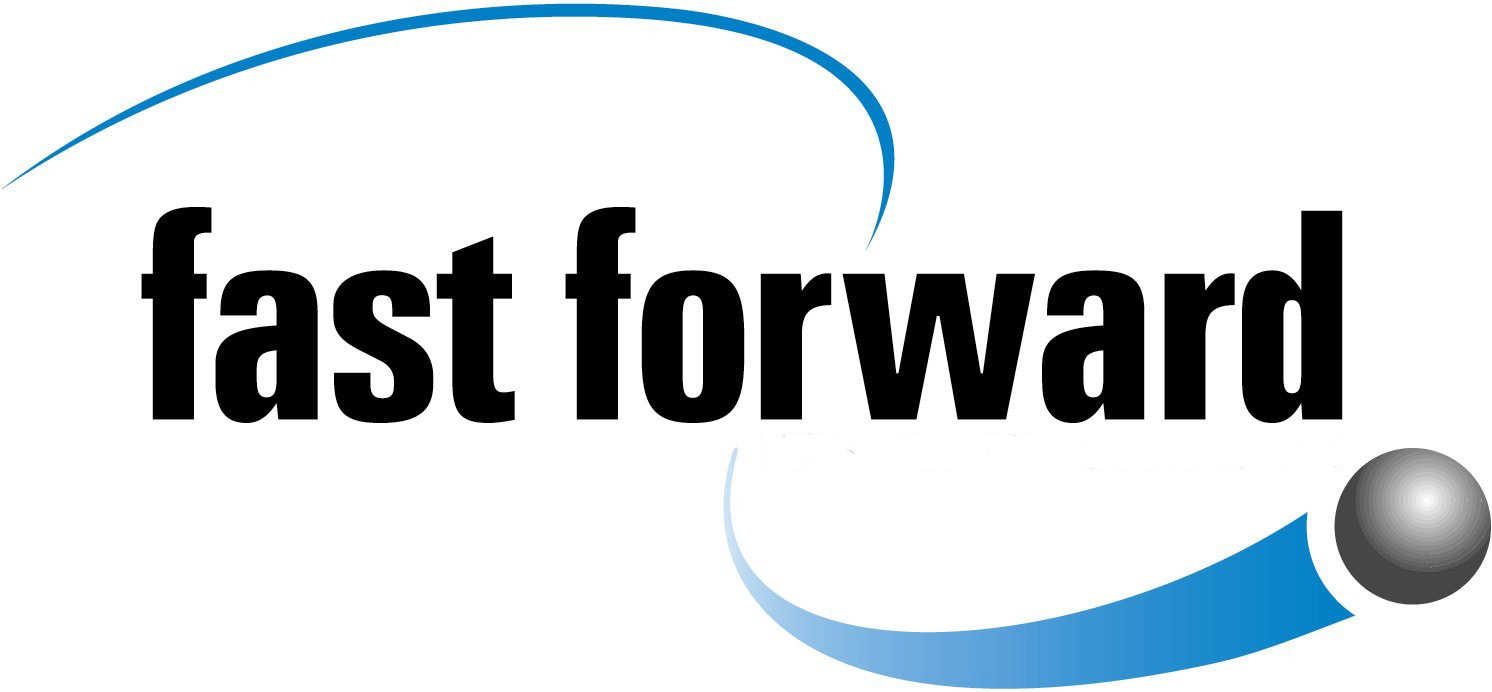What is gambling?
Gambling is risking money or something of material value with an uncertain outcome in the hope of winning additional money or something of material value.
There are many different gambling activities and various ways to place bets. Many people may not associate purchasing scratch cards or a lottery ticket with gambling as it is so normalised in society, but these are forms of gambling:

Scratch card
A card you purchase with an uncertain outcome. You scratch a section or sections off of the surface to reveal words or symbols indicating whether a prize or money has been won.

Lottery ticket
A type of gambling game in which people buy numbered tickets. Several numbers are then chosen by the lottery operators, and the people who have those numbers on their tickets win a prize.

Gambling App
A mobile application that allows you to connect to betting sites to place bets, play bingo and casino games 24 hours a day.

Going to the horses
A sporting event where you watch horses and their riders take part in races. This is often a social event, and usually includes betting money on the outcomes of the races.

Going to the football
compete against each other. Football betting is the activity of predicting sports results and placing money on the outcome. This can include match winner, who scores the first goal, how many red cards, etc.

Private betting
Placing a bet for money between friends or people who know each other. This can be a bet on anything but might include results of a game the participants are about to play, or whether something will happen on a particular day. The Gambling Act 2005 specifies that for betting to be considered ‘private,’ the public must not have access, and there must be no charge for participating.

EGM
An Electronic Gaming Machine is a computerised gambling device which usually has a video screen and flashing lights, which people can use to play games of chance to win money. The machine randomly determines the outcome, win or lose. EGMs can often be found in pubs and bookies and are more commonly referred to as Fruit Machines or Puggies.

Private betting
Placing a bet for money between friends or people who know each other. This can be a bet on anything but might include results of a game the participants are about to play, or whether something will happen on a particular day. The Gambling Act 2005 specifies that for betting to be considered ‘private,’ the public must not have access, and there must be no charge for participating.

Bingo hall
A venue where people can go to play bingo, often in a social setting. Bingo is a game of chance in which players mark off numbers on cards as the numbers are drawn randomly by a caller. The winner is the first person to mark off all their numbers.

Casino
A venue where gambling games, especially roulette and card games, are played for money.

Bookie
A ‘bookie’ or bookmaker is a business or a person that accepts and pays out bets on sporting and other events at agreed odds. High street bookie premises may also offer other forms of gambling such as EGMs.

Arcades
A venue where people can play arcade game machines such as coin pushers, pinball machines, and other gambling-style games that are usually coin-operated.
All gambling products carry an element of risk. However, gambling products with certain characteristics are more likely to cause harm:
- High speed
- High event frequency (i.e. short time gap between games)
- Repetitive
- Chance-based
- 24-hour availability
People experiencing harm from their own gambling may be more likely to use gambling to relax or escape or modify their mood, and evidence suggests that faster, more continuous or repetitive products best accommodate that need. As losses pile up, these products may increase some players’ experience of punishment (instead of reward). This can result in more persistent play, as the player tries to escape feelings of discomfort.
